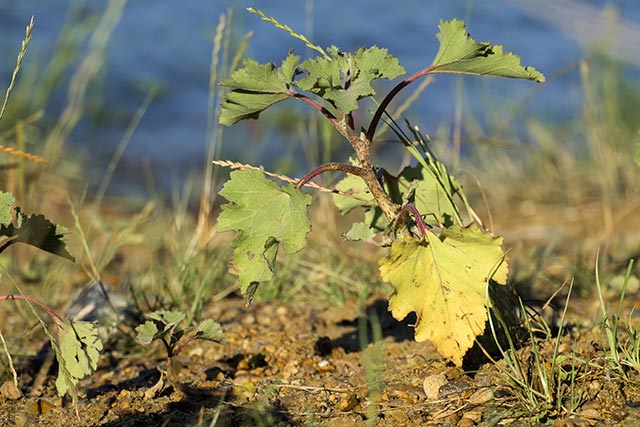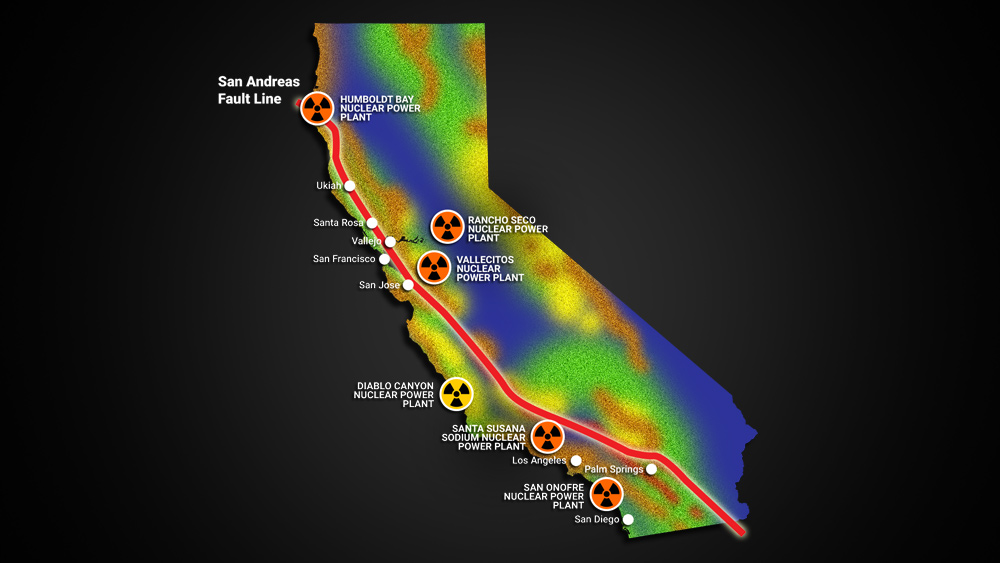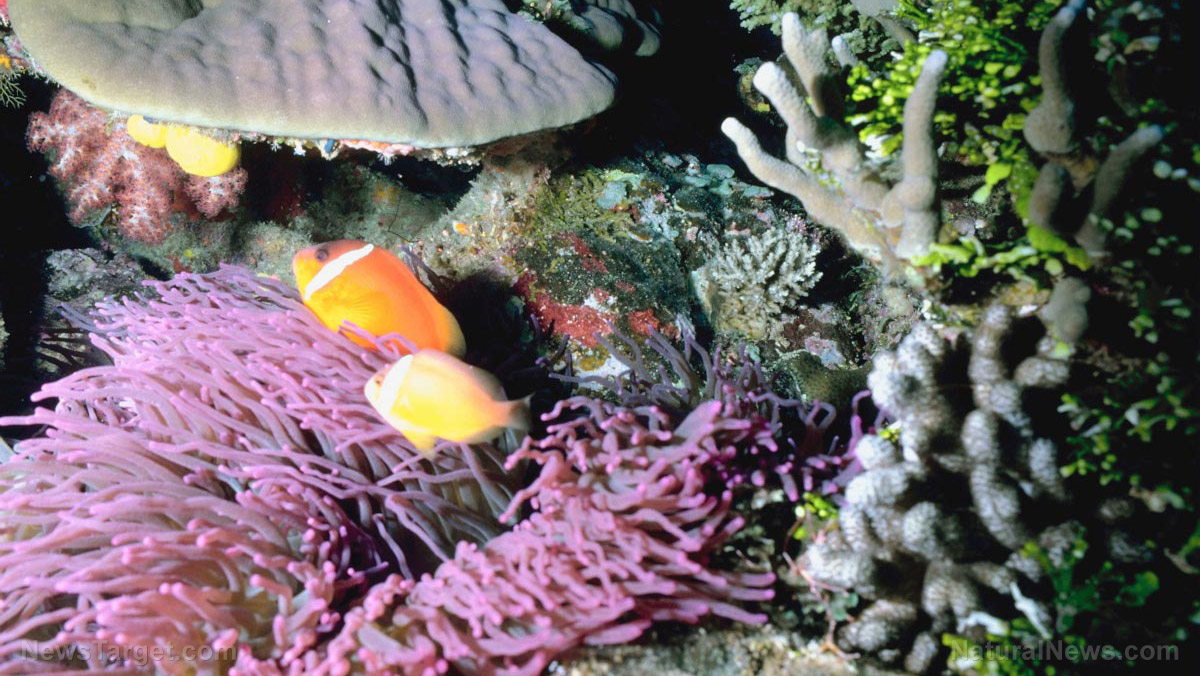NRDC backs up Health Ranger’s lab findings of contaminated water across America: All 50 states have serious EPA violations
05/20/2017 / By Isabelle Z.

We’ve all heard people make light of what might happen if you drink the water when you’re traveling to foreign countries, but the joke is on you if you think the water here at home is any better.
A recent report by the Natural Resources Defense Council (NRDC) revealed some sobering statistics about the state of America’s drinking water. Nearly 30 million Americans are now drinking contaminated tap water that has been linked to a host of health problems.
This dangerous water is in the homes of 15 percent of Americans, and all 50 states are affected. Those in rural areas are particularly vulnerable, with 70 percent of the offenses coming from rural areas with around 500 residents.
NRDC Health Program Director Erik Olson said we are suffering from a national drinking water crisis, and he cited the country’s deteriorating water infrastructure and the lack of enforcement of our drinking water laws as big factors in the situation.
While the water crisis in Flint, Michigan, gained widespread attention, Michigan didn’t even break the top ten when it comes to the states with the most water violations. In fact, it was Texas that took top honors, followed by Florida, Pennsylvania, New Jersey and Georgia.
In 2015, 80,000 water safety violations were recorded in total. Even though 77 million people were affected by these violations, very few of them were actually enforced. The NRDC says that 15 percent of the offenses were related to contamination with arsenic, copper, lead and other carcinogens. All of these toxins are known to cause kidney and liver damage, birth defects and cancer.
Lead can cause high blood pressure, reduced kidney function and cardiovascular and reproductive problems. Lead exposure is particularly dangerous for pregnant women and kids given its ability to cause central nervous system damage and learning disabilities. According to the NRDC, there are between six and 10 million water service lines in use in the country made out of lead that need to be replaced.
Flint residents suffered from hair loss and skin rashes after drinking lead-contaminated water, and some people even stopped taking showers out of concern over the possible health repercussions. Others have installed water filters to help stem the problem.
Contamination consistently found in studies of U.S. water
The NRDC’s findings support those of Mike Adams, the Health Ranger, who tested hundreds of samples taken from municipal water supplies throughout the country for heavy metals as part of an EPA Watch initiative. The lab tests, which were carried out in Consumer Wellness Center Labs, found that 6.7 percent of the nation’s water supply contains toxic heavy metal contamination that exceeds the EPA’s allowable limits.
“We consistently find toxic levels of heavy metals in municipal water samples,” explained Mike Adams, the Health Ranger, lab science director of CWC Labs. “What many people don’t understand is that metals-contaminated water looks visually clean and clear, yet the heavy metals are carried in solution, invisible to the human eye.”
One sample from the Phoenix area had a level of lead that was 700 percent higher than the EPA’s limit. Copper contamination was also found in many samples. The results were published in the independent Natural Science Journal.
A study out of Harvard University in 2016 revealed that more than six million Americans were drinking water contaminated with toxins known as PFAS. Long-term exposure to these substances has been linked to a higher risk of cancer, obesity, high cholesterol and hormone disruption. The research team believes the actual number could be much higher because the data for around a third of the country’s population – amounting to around 100 million people – was not available at the time of the study.
It’s clear that we can’t trust our cities to supply us with safe drinking water. Even if your tap water doesn’t give you any outward symptoms, it could be slowly poisoning you. While you’re right to inquire whether it’s safe to drink the water while you’re abroad, you should also do a little digging to find out if you should really be drinking the water in your own home.
Sources Include:
Tagged Under: Lead, Water contamination, Water Testing
RECENT NEWS & ARTICLES
COPYRIGHT © 2017 ENVIRON NEWS




















